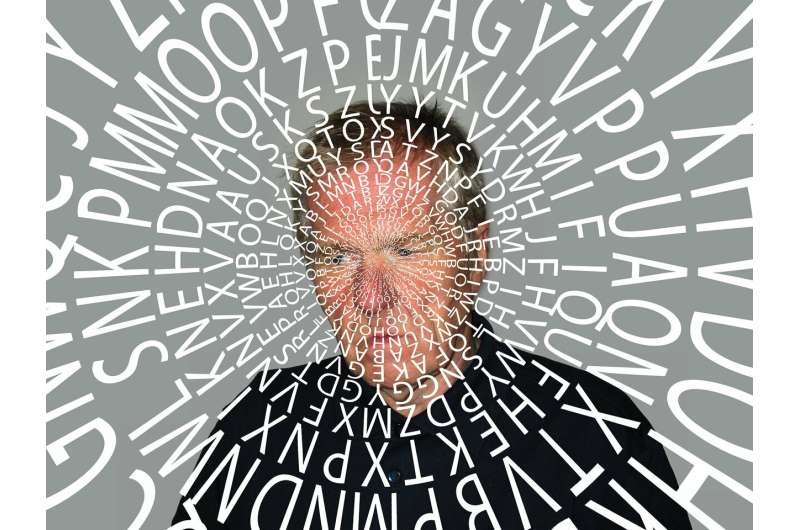Enhancing Memory and Habits: New Approaches to Improve Human Retention and Behavioral Change

Recent research uncovers the challenges of human memory and habit formation in healthcare, emphasizing the need for innovative strategies to improve treatment outcomes and behavioral change.
In a recent exploration of psychological treatments and habit formation, researchers highlight the significant gaps between what is discussed during clinical sessions and what patients actually remember afterward. Even with diligent study and engagement, individuals like Allison Harvey, a psychology professor at UC Berkeley, find that much of the learned information fades within months, limiting the long-term success of therapeutic interventions.
Harvey's research emphasizes that human memory is highly fallible—patients typically retain only about 30% of what is discussed during treatment. This lack of retention can undermine the effectiveness of evidence-based therapies such as cognitive-behavioral therapy and trauma interventions. Recognizing these gaps opens avenues for improving treatment outcomes.
Additionally, forming new habits is a complex process that demands substantial time and effort—anywhere from 18 days to 36 weeks. Strategies like pairing new behaviors with existing routines, and providing positive reinforcement, can facilitate habit formation but are often underutilized in clinical practice.
Ongoing sleep research led by Harvey aims to address these issues through simple, scalable interventions like reminder messages and cues, which show promise in fostering behavioral change and improving sleep quality. Her studies involve sending participants regular prompts, such as dimming lights at a set time, and offering positive feedback or fun facts to reinforce actions.
Harvey advocates for integrating insights from cognitive science, education, and social psychology to enhance health interventions. By breaking down disciplinary silos, treatments can be more effective, with a focus on reinforcing memory and promoting sustainable habits. Despite the challenges, Harvey underscores that science offers numerous solutions—simple, cost-effective, and with no side effects—that can significantly boost health outcomes.
Reflecting on her own experience in a parenting class, Harvey notes that even with extensive study, much of the information disappears from memory, illustrating the universal challenge of retention. Her work continues to seek innovative ways to support better memory retention and habit formation to ultimately improve mental and physical health.
Stay Updated with Mia's Feed
Get the latest health & wellness insights delivered straight to your inbox.
Related Articles
Genetic and Environmental Factors in Family Mental Health: Breaking the Cycle
A groundbreaking study reveals that while mental health issues often run in families, they are not predetermined. Strengthening family environments and early interventions can break this cycle and promote resilience.
Having a Sense of Purpose May Protect Against Dementia
A sense of purpose in life may significantly reduce the risk of developing dementia and aid in healthy aging, according to recent UC Davis research. Discover how meaningful activities can boost brain resilience.
Study Finds Controlling Coaching Tactics Harm Athletes' Mental and Physical Well-Being
Controlling coaching behaviors can negatively impact athletes' mental health and increase risks of burnout. Recent research advocates for autonomy-supportive coaching to promote athlete well-being and resilience.
Exploring the Growing Overlap Between ADHD and Autism in Social Media Discourse
Recent social media analysis highlights a rising convergence in how ADHD and autism are perceived, emphasizing shared themes and community overlap fueled by diagnostic and cultural shifts.



